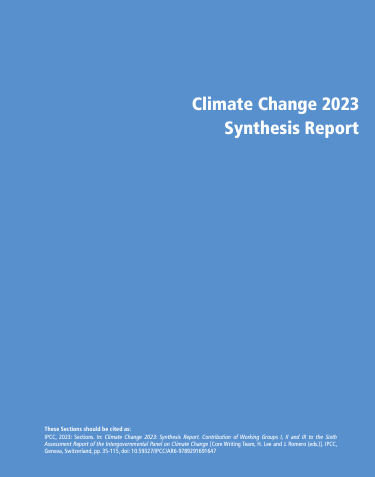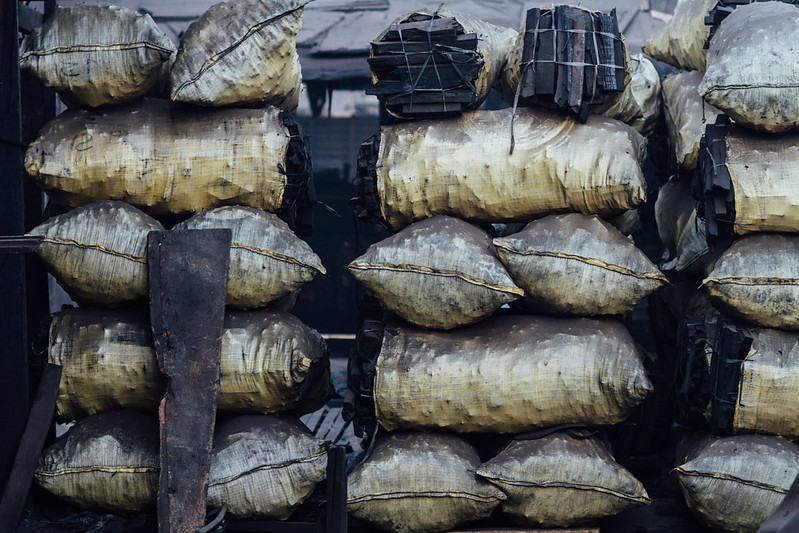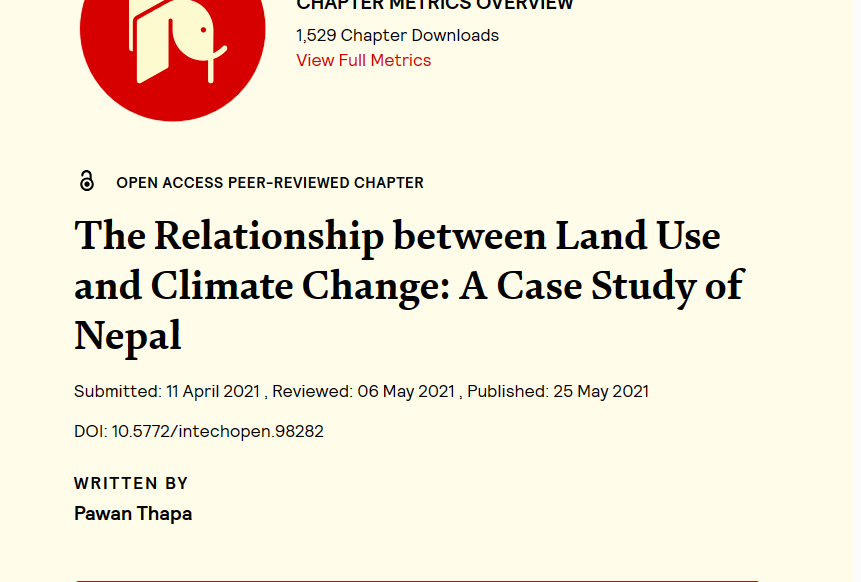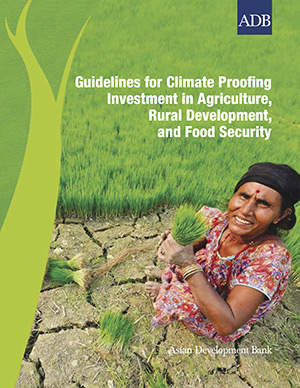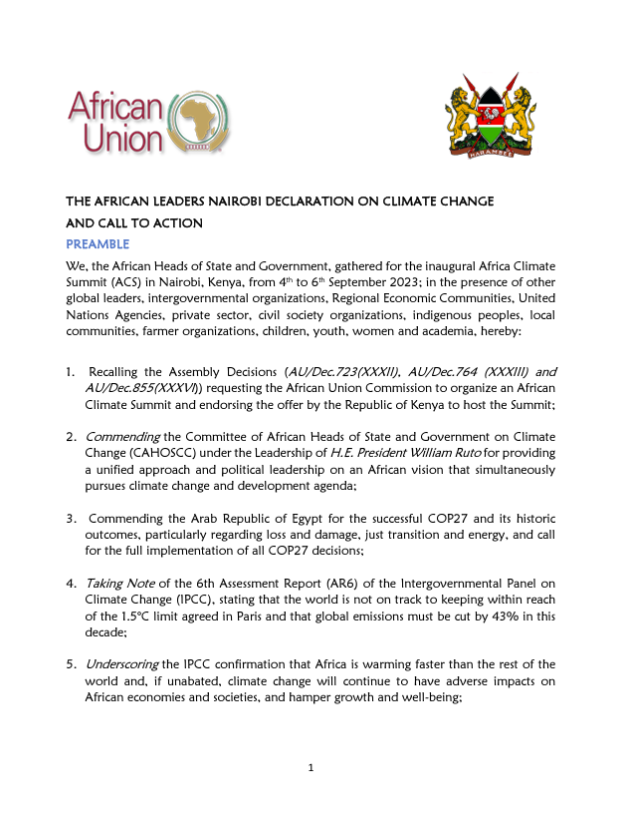
Topics and Regions
Landpages.co.ke is a medium of passing this message.
Details
Public Email
Location
Contributions
Displaying 121 - 130 of 740Insecure land rights for women threaten progress on gender equality and sustainable development
Driven by the urgency of a global rush for land and extracted resources and unprecedented urbanization, hastened by the growing impact of climate change and frequency of natural disasters, women have been at the center of human rights violations worldwide regarding their rights and access to land.
Loss and Damage to Land: Voices from Asia Image
Oxfam listened to women and men from Bangladesh, Nepal, Sri Lanka and Timor-Leste who shared their stories on how the climate crisis caused loss and damage to their lands and impacted their lives.
Grounding Women's Land Rights: Towards equity and climate justice
This policy paper reveals the urgent need for transformative change to secure equitable land rights for women and marginalized communities. By presenting recommendations for a broad spectrum of stakeholders and analysing macroeconomic factors through a feminist lens, we aim to stimulate discourse and drive forward a more equitable, sustainable future for all.
Climate Change 2023 Synthesis Report
This report integrates the main findings of the AR6 Working Group reports58 and the three AR6 Special Reports59. It recognizes the interdependence of climate, ecosystems and biodiversity, and human societies; the value of diverse forms of knowledge; and the close linkages between climate change adaptation, mitigation, ecosystem health, human well-being and sustainable development.
What is climate change adaptation?
Humans have been adapting to their environments throughout history by developing practices, cultures and livelihoods suited to local conditions – from the Mediterranean siesta to the Vietnamese practice of building homes on stilts to protect against monsoonal rains. However, climate change raises the possibility that existing societies will experience climatic shifts (in temperature, storm frequency, flooding and other factors) that previous experience has not prepared them for.
The Relationship between Land Use and Climate Change: A Case Study of Nepal
Land Use and Climate change are interrelated to each other. This change influences one another at various temporal and spatial scales; however, improper land uses are the primary causal factor on climate change. It studies relevant literature and Nepal’s case to assess the relationship between land use and climate change. Similarly focuses on how land-use impacts climate change and vice versa. In recent centuries land-use change significant effects on ecological variables and climate change.
Guidelines for Climate Proofing Investment in Agriculture, Rural Development, and Food Security.
This publication, Guidelines for Climate Proofing Investment in Agriculture, Rural Development, and Food Security, aims to present a step-by-step methodological approach to assist project teams to assess and incorporate climate change adaptation measures into agriculture, rural development, and food security investment projects. While the guidelines focus on the project level, an improved understanding of climate change impacts should also be used to incorporate climate change considerations into agriculture planning and policy at the country level.
The African Leaders Nairobi Declaration on Climate Change and Call to Action. Adopted 6 September 2023. Nairobi, Kenya.
We, the African Heads of State and Government, gathered for the inaugural Africa Climate Summit (ACS) in Nairobi, Kenya, from 4th to 6th September 2023; in the presence of other global leaders, intergovernmental organizations, Regional Economic Communities, United Nations Agencies, private sector, civil society organizations, indigenous peoples, local communities, farmer organizations, children, youth, women and academia,
Green Colonialism 2.0: Tree Plantations and Carbon Offsets in Africa
Green Colonialism 2.0: Tree Plantations and Carbon Offsets in Africa examines the African Forestry Impact Platform (AFIP) bankrolled by European development finance institutions, Japanese oil interests, and an Australian investment firm. The AFIP exemplifies the green colonialism that President Ruto of Kenya is promoting on the continent — opening the door for more extraction of Africa's resources. Despite AFIP’s claim of promoting “nature-based solutions,” a troubling pattern of exploitation and greenwashing underscores its investments, stakeholders, and financial backers.
The African People's Climate and Development Declaration 2023
Photo by UNDP Guinea,Forested Guinea is one of the most vulnerable regions in West Africa to climate change , (CC BY-ND 2.0 DEED)
From the 3rd to 6th September, 2023, we the people of the great lands across Africa, including people from social movements and civil society, trade unions, women, indigenous peoples, young people, men, people living with disabilities, media organisations, faith-based groups and many others, gathered in Nairobi, Kenya and committed to this declaration on African climate and development priorities and demands.




